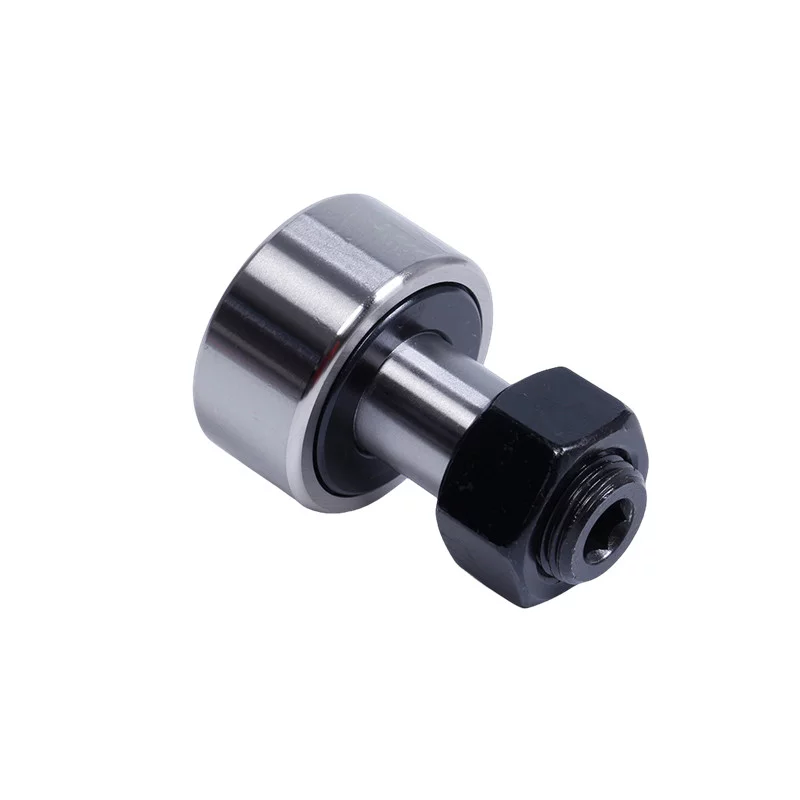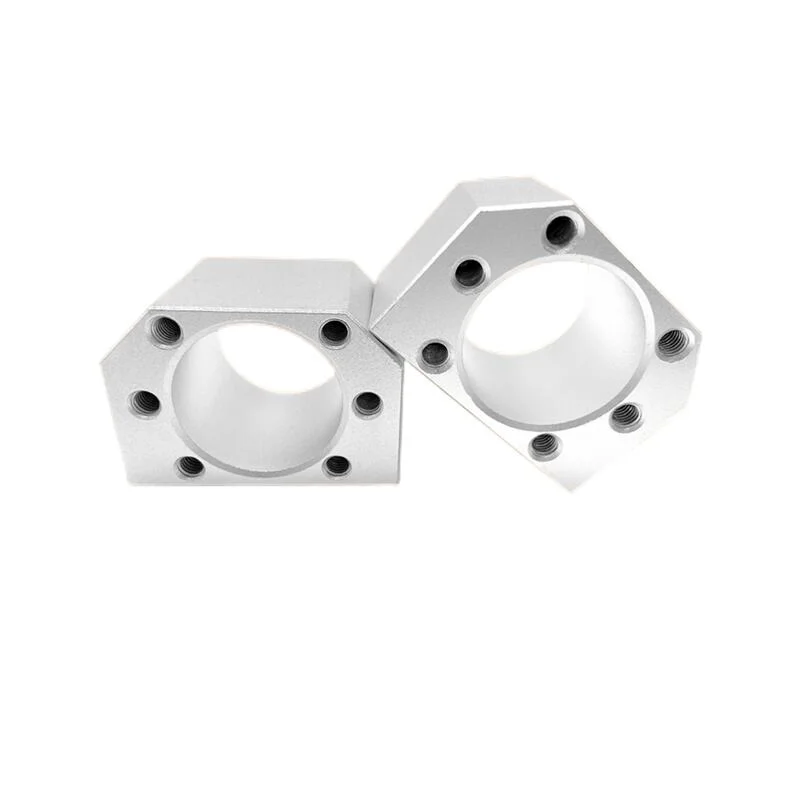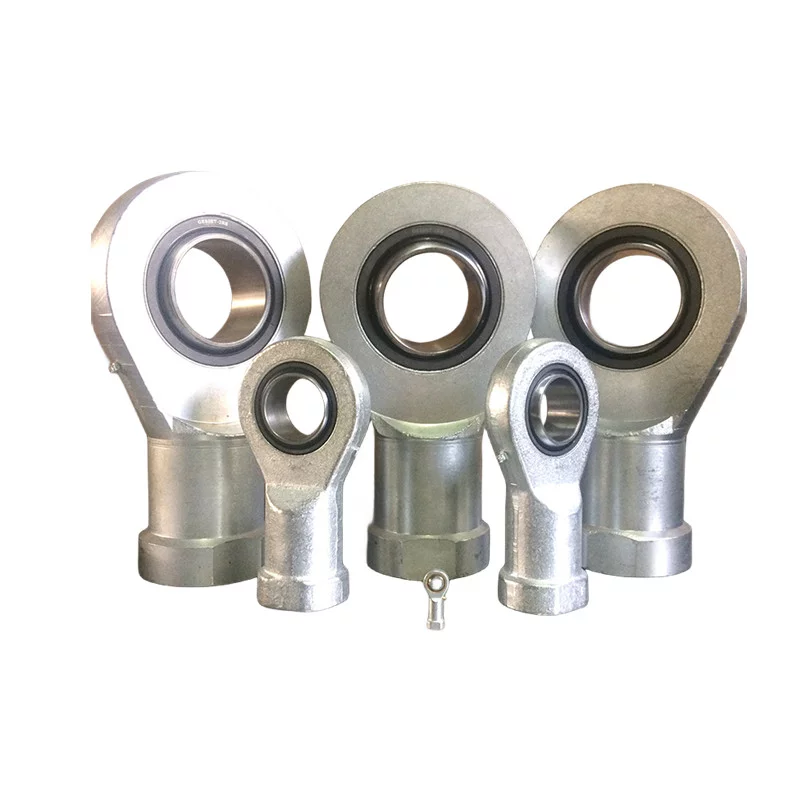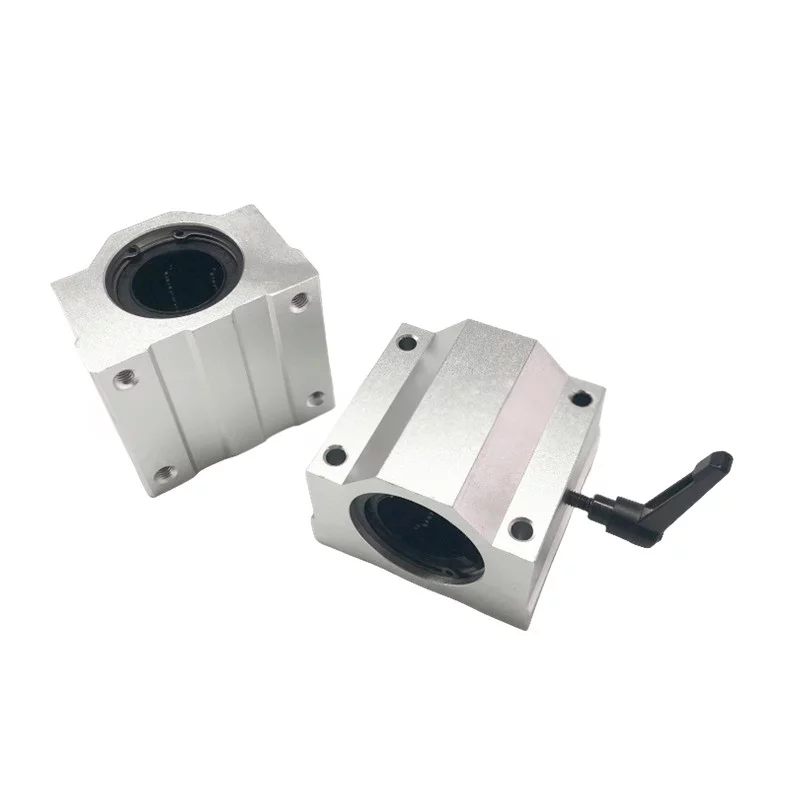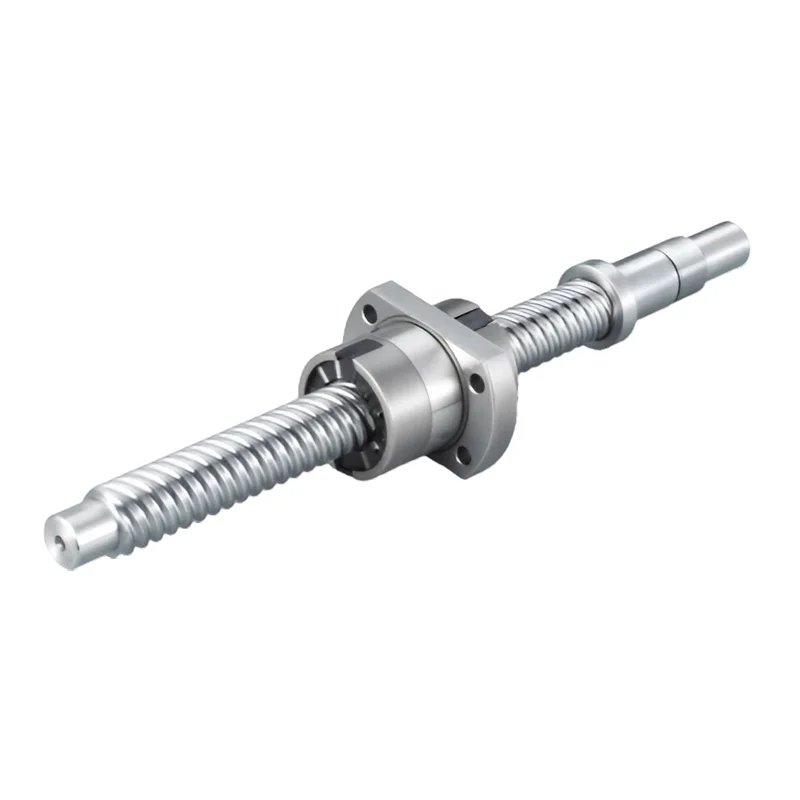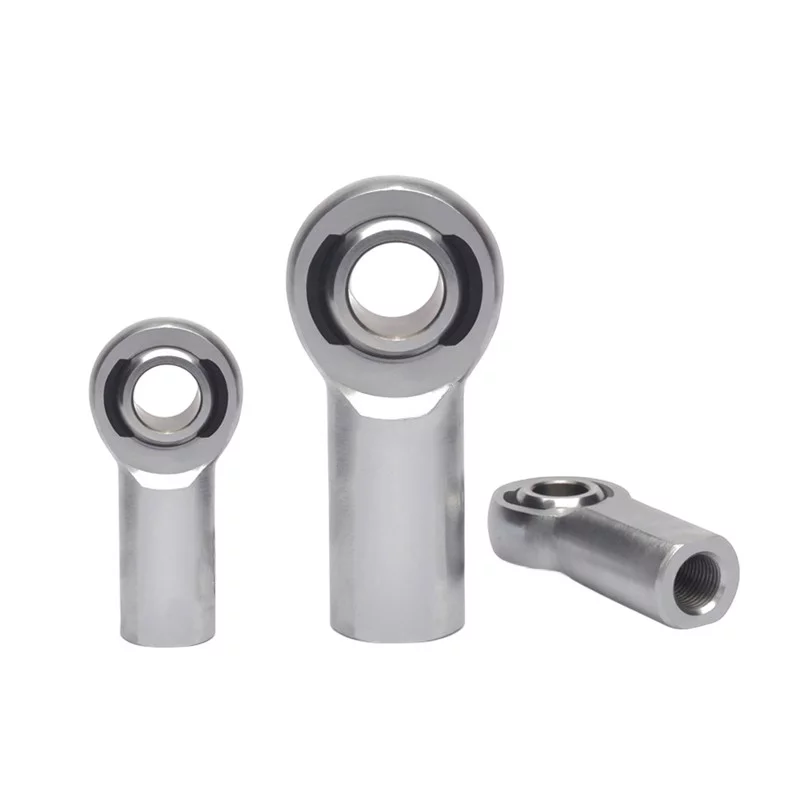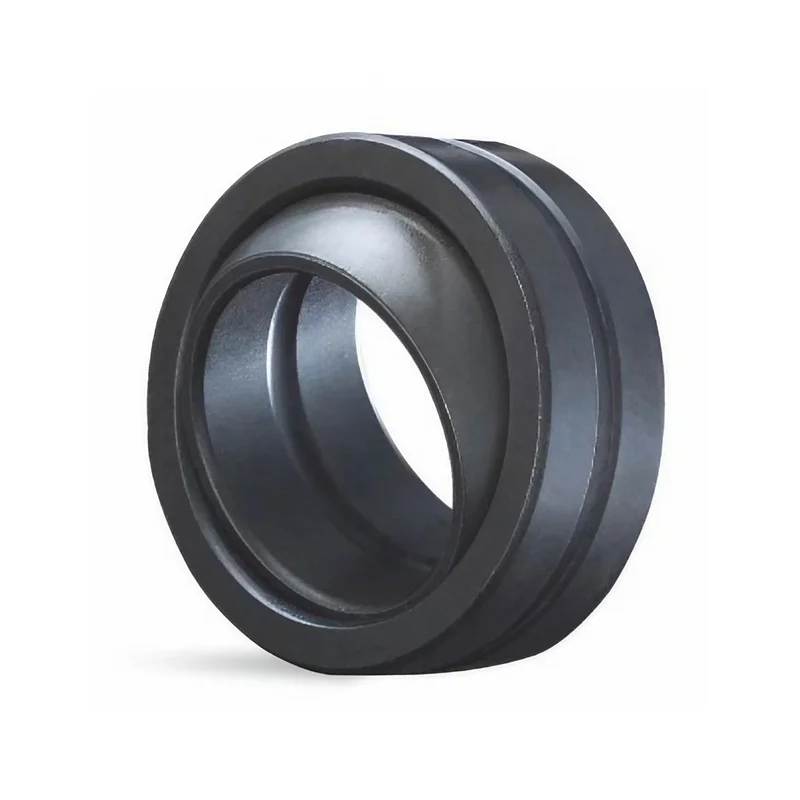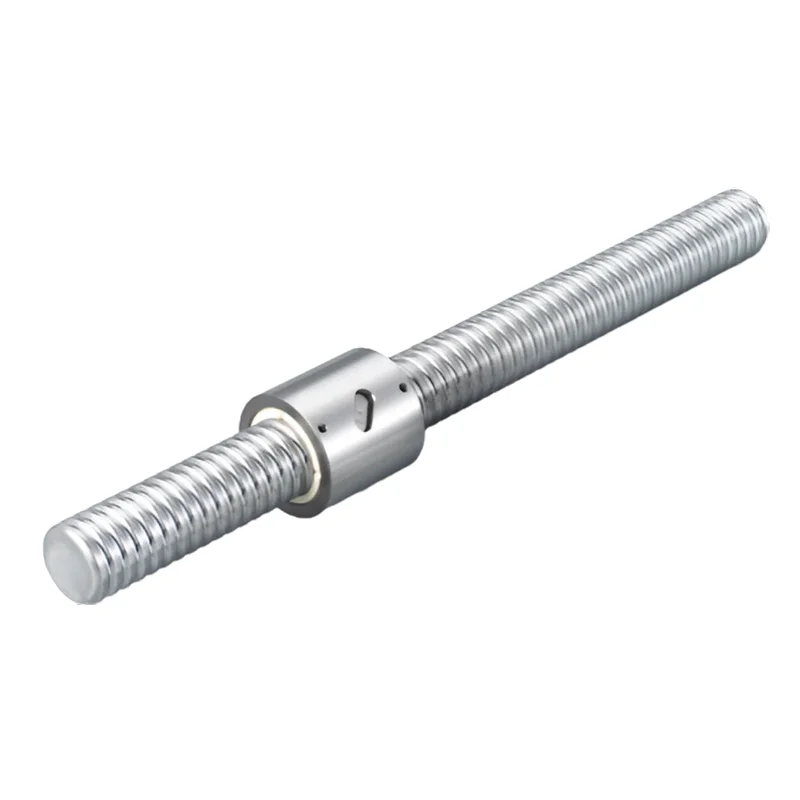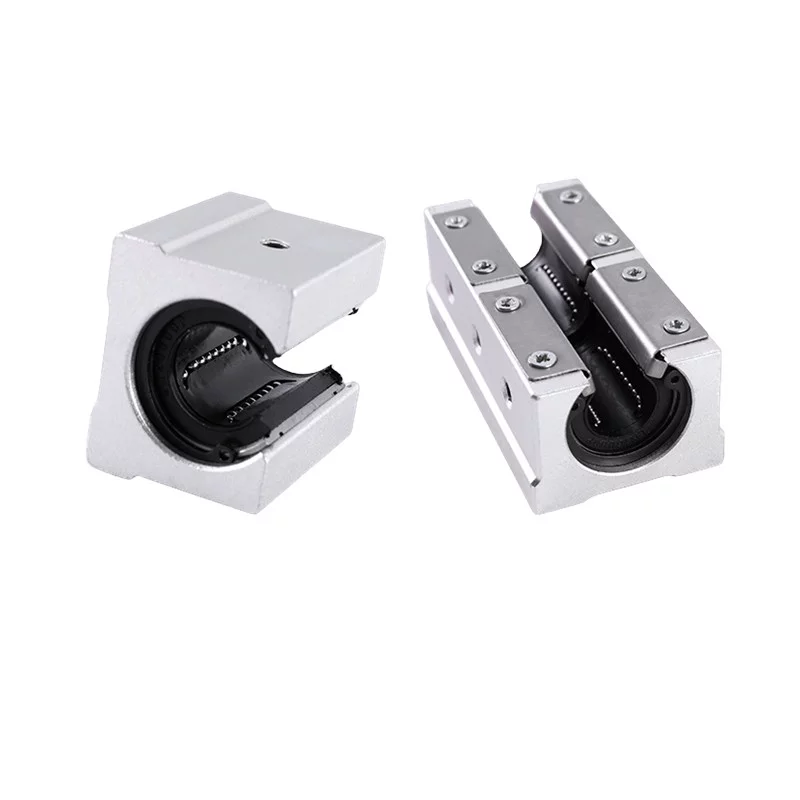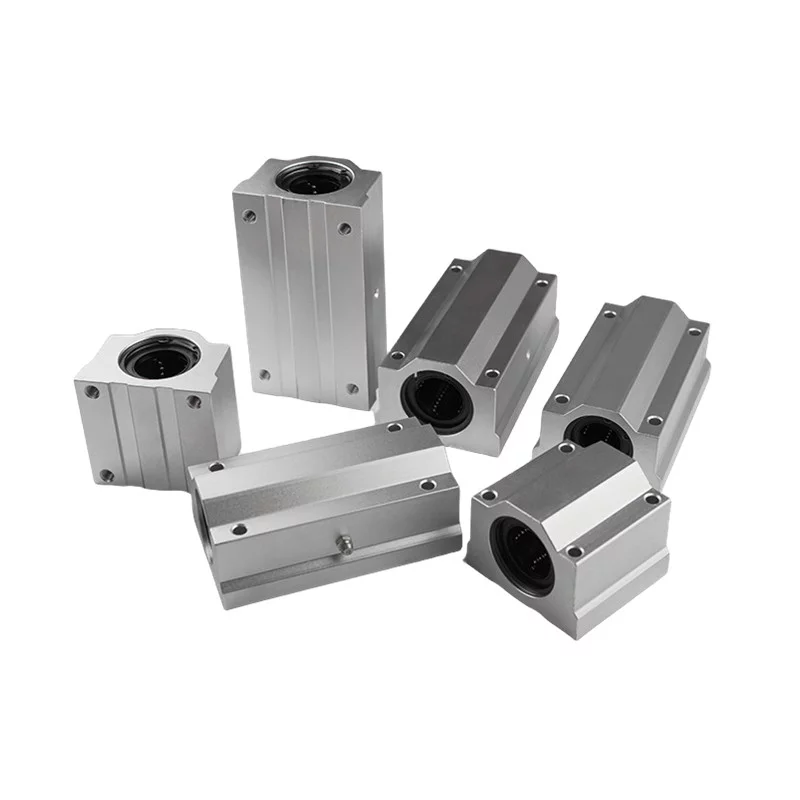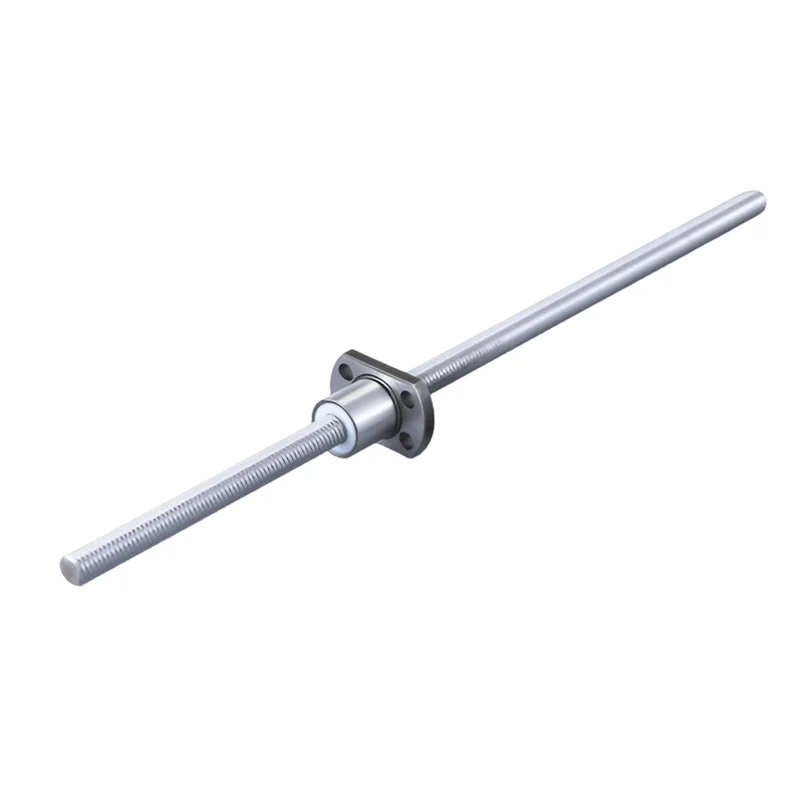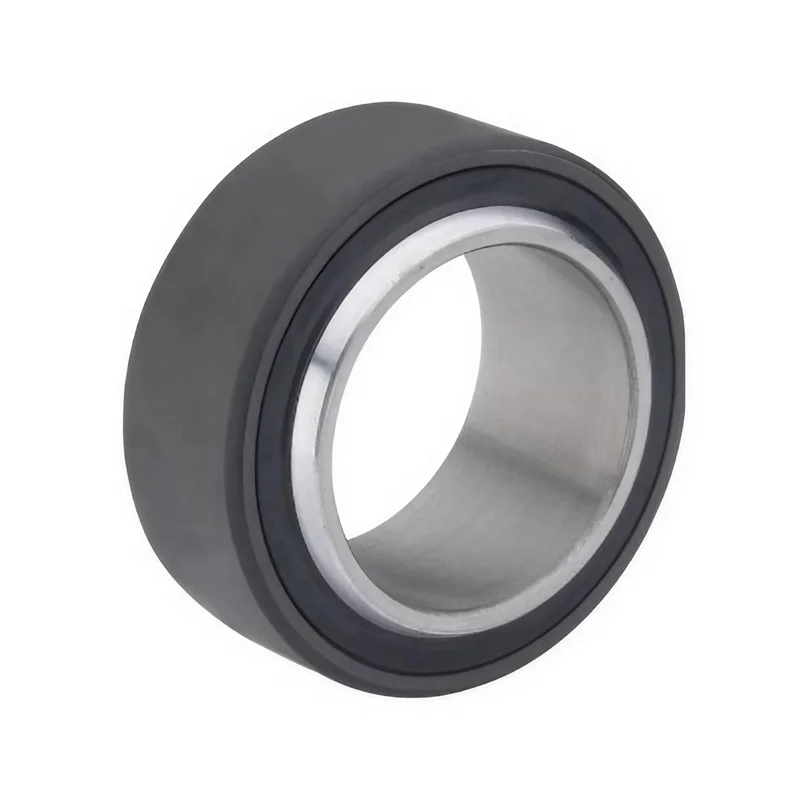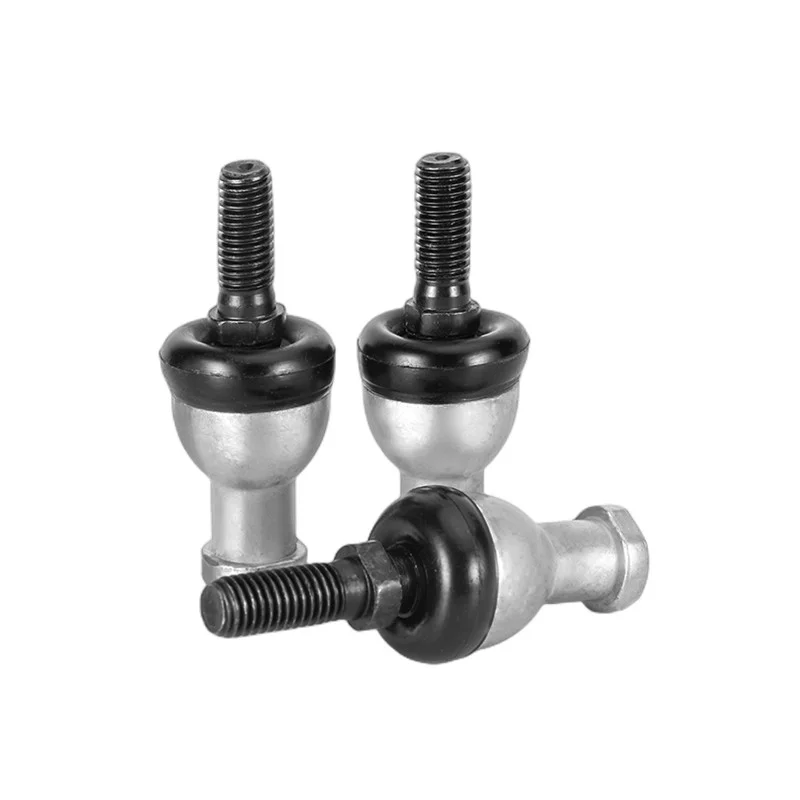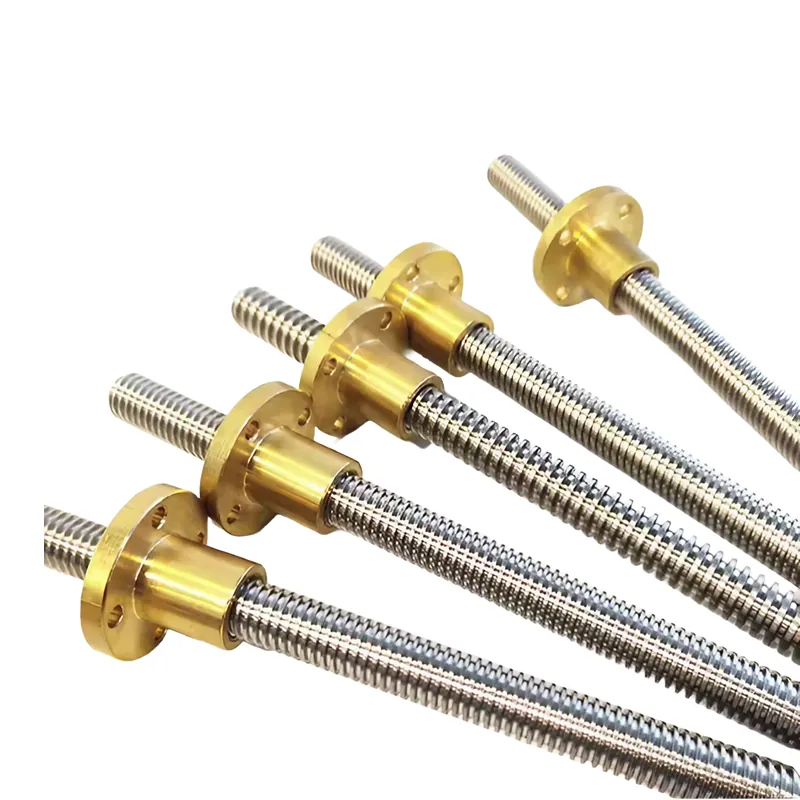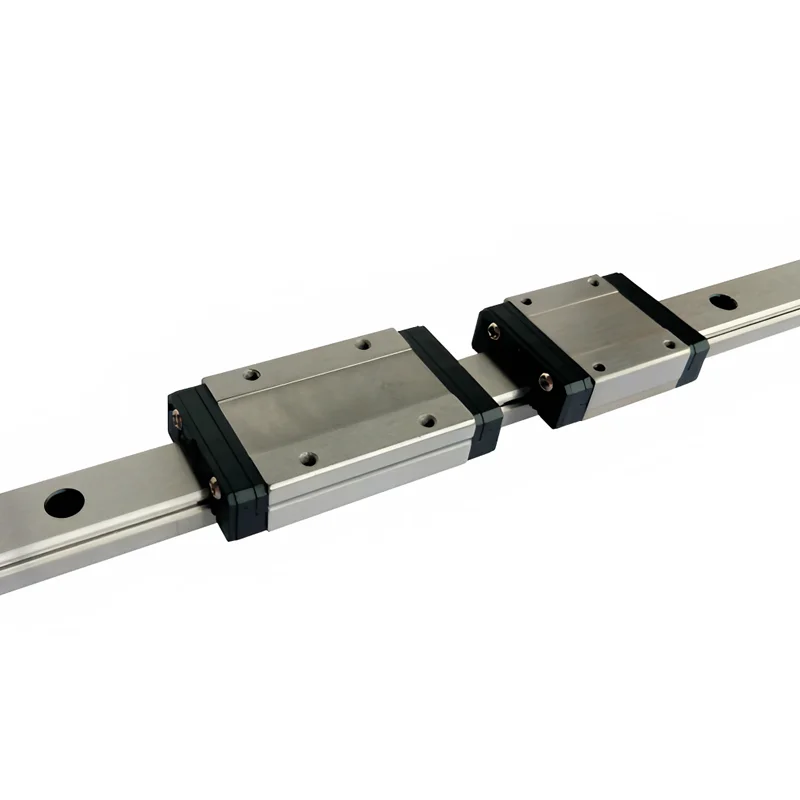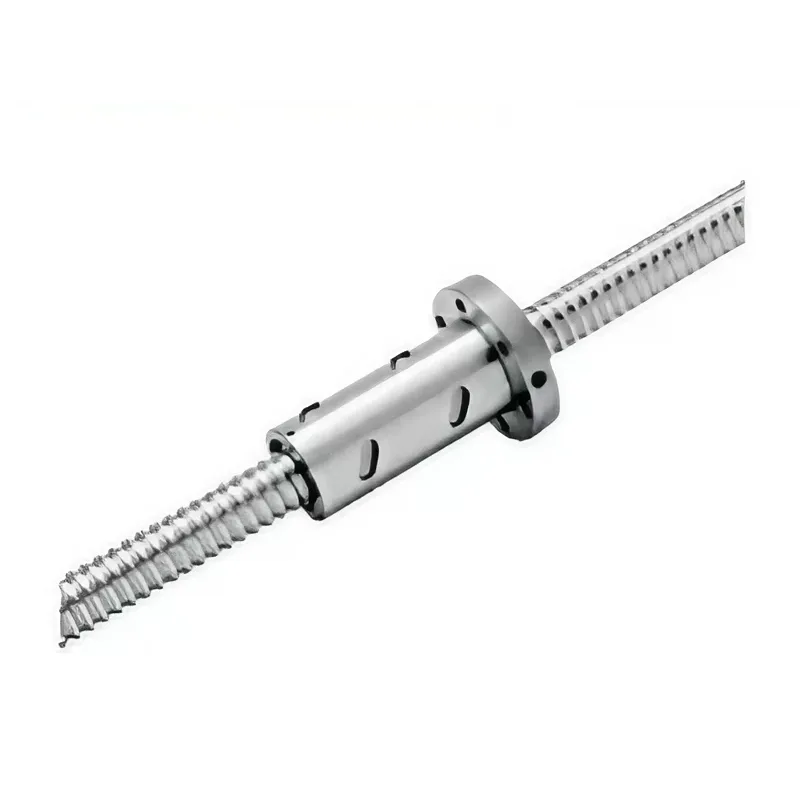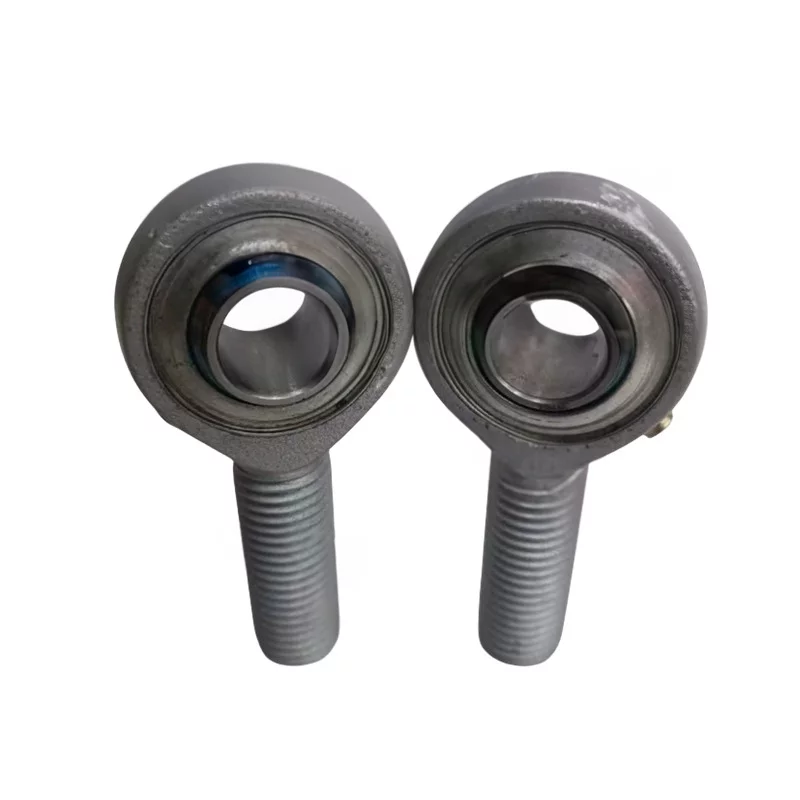Maximizing Ball Bearing Performance: The Importance of Proper Lubrication
Ball bearings are essential components in various machines and mechanical systems,
facilitating smooth movement by minimizing friction between moving parts.
However, inadequate lubrication can lead to premature wear and failure of ball bearings.
Proper lubrication is crucial for reducing friction, preventing contamination, and ensuring optimal performance and longevity.
Benefits of proper ball bearing lubrication
Friction Reduction: Lubrication forms a protective film between bearing surfaces, reducing friction and heat generation, thus prolonging bearing life.
Corrosion Protection: Lubricants act as barriers against environmental factors like moisture and humidity,
preventing rust and corrosion, which can lead to premature wear and failure.
Noise and Vibration Reduction: Proper lubrication minimizes noise and vibration caused by increased friction,
ensuring smooth and quiet operation, while also serving as an early warning sign of potential bearing issues.
Choosing the best lubricant depends on factors like application, temperature, speed, and load.
Common types of lubricants
Mineral Oil Lubricants: Affordable and widely available, mineral oil lubricants offer effective friction reduction
and rust protection across a range of temperatures.
Synthetic Oil Lubricants: Designed for superior performance, synthetic oils maintain viscosity in varying temperatures and resist oxidation,
extending lubricant life.
Grease Lubricants: A mixture of oil and a thickening agent, grease lubricants provide effective lubrication and contamination prevention,
ideal for sealed or shielded bearings.
Dry Lubricants: Suitable for high-temperature or chemically harsh environments,
dry lubricants like molybdenum disulfide or graphite offer low-friction protection without liquid carriers.
Regular lubricant inspection and maintenance are crucial to prevent bearing failure, as lubricants degrade over time.
By reducing friction, preventing corrosion, and minimizing noise and vibration,
proper lubrication significantly extends bearing lifespan, saving time and costs for businesses and individuals alike.
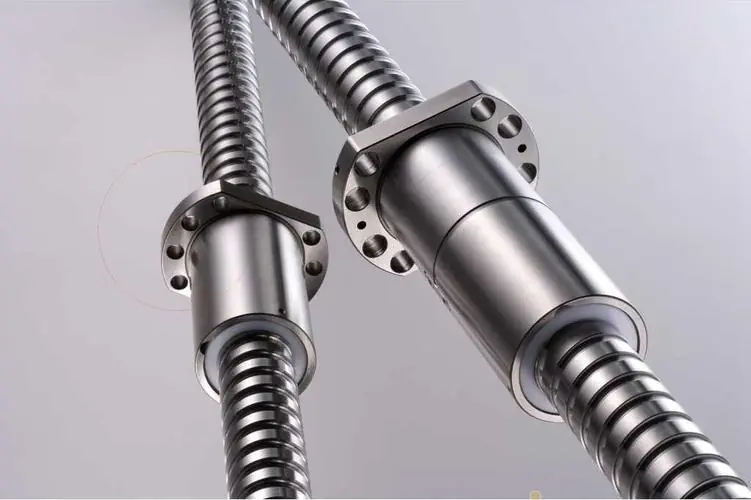 Why Precision Ball Screws are Vital for Industrial Automation and How to Choose the Right Supplier
Why Precision Ball Screws are Vital for Industrial Automation and How to Choose the Right Supplier
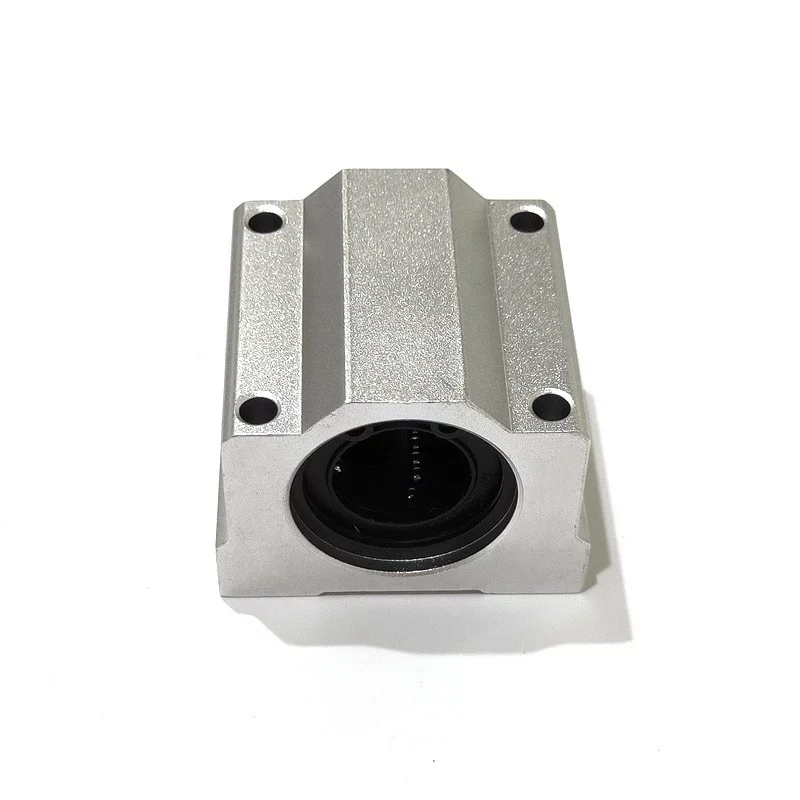 SAIVS Linear Motion Ball Slide Units – Precision and Reliability for Your CNC Needs
SAIVS Linear Motion Ball Slide Units – Precision and Reliability for Your CNC Needs
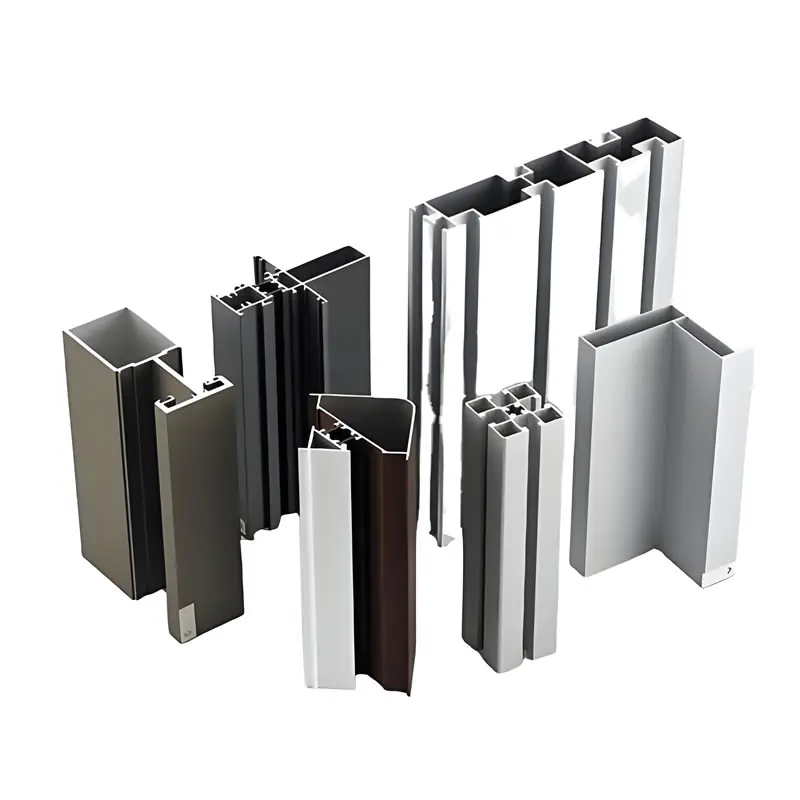 High - Quality T - Slot Aluminum Extrusion Profiles from Ningbo SAIVS Machinery Co., Ltd
High - Quality T - Slot Aluminum Extrusion Profiles from Ningbo SAIVS Machinery Co., Ltd
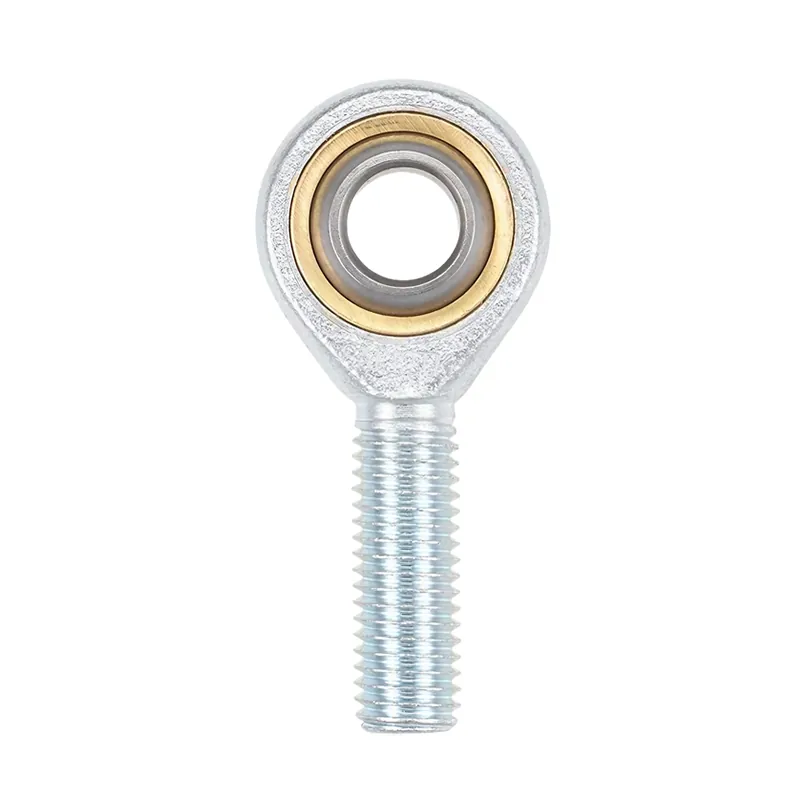 Enhance Industrial Efficiency with Premium Cylinder End Bearings from SAIVS
Enhance Industrial Efficiency with Premium Cylinder End Bearings from SAIVS

